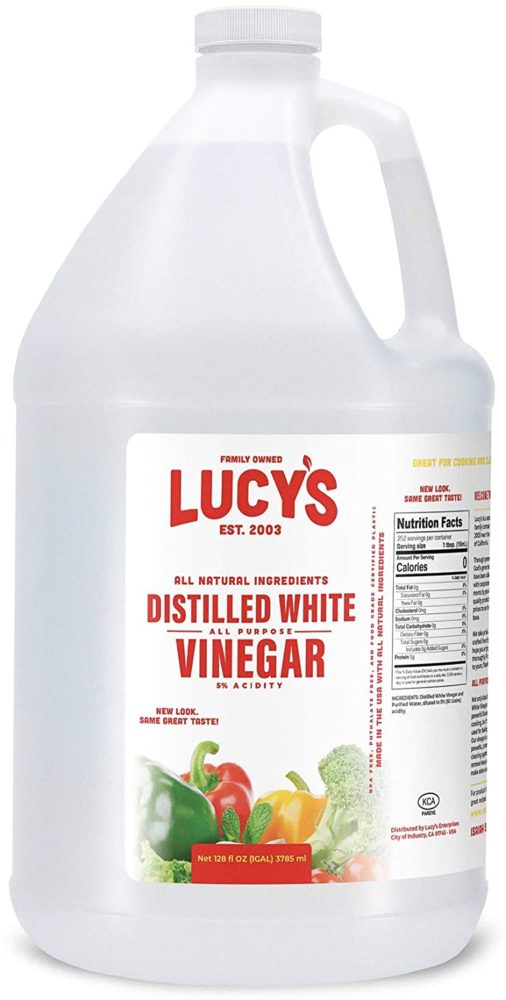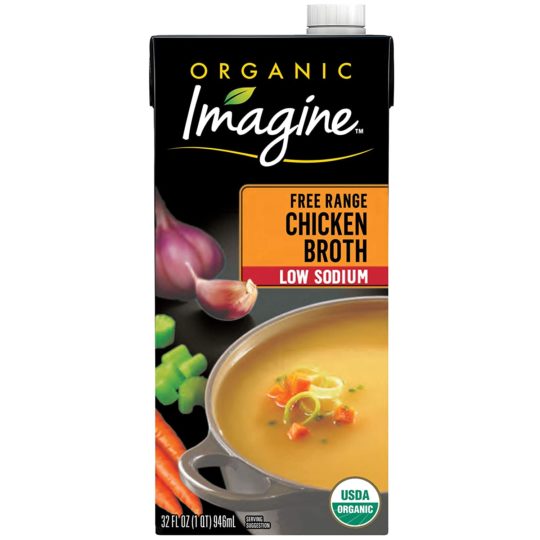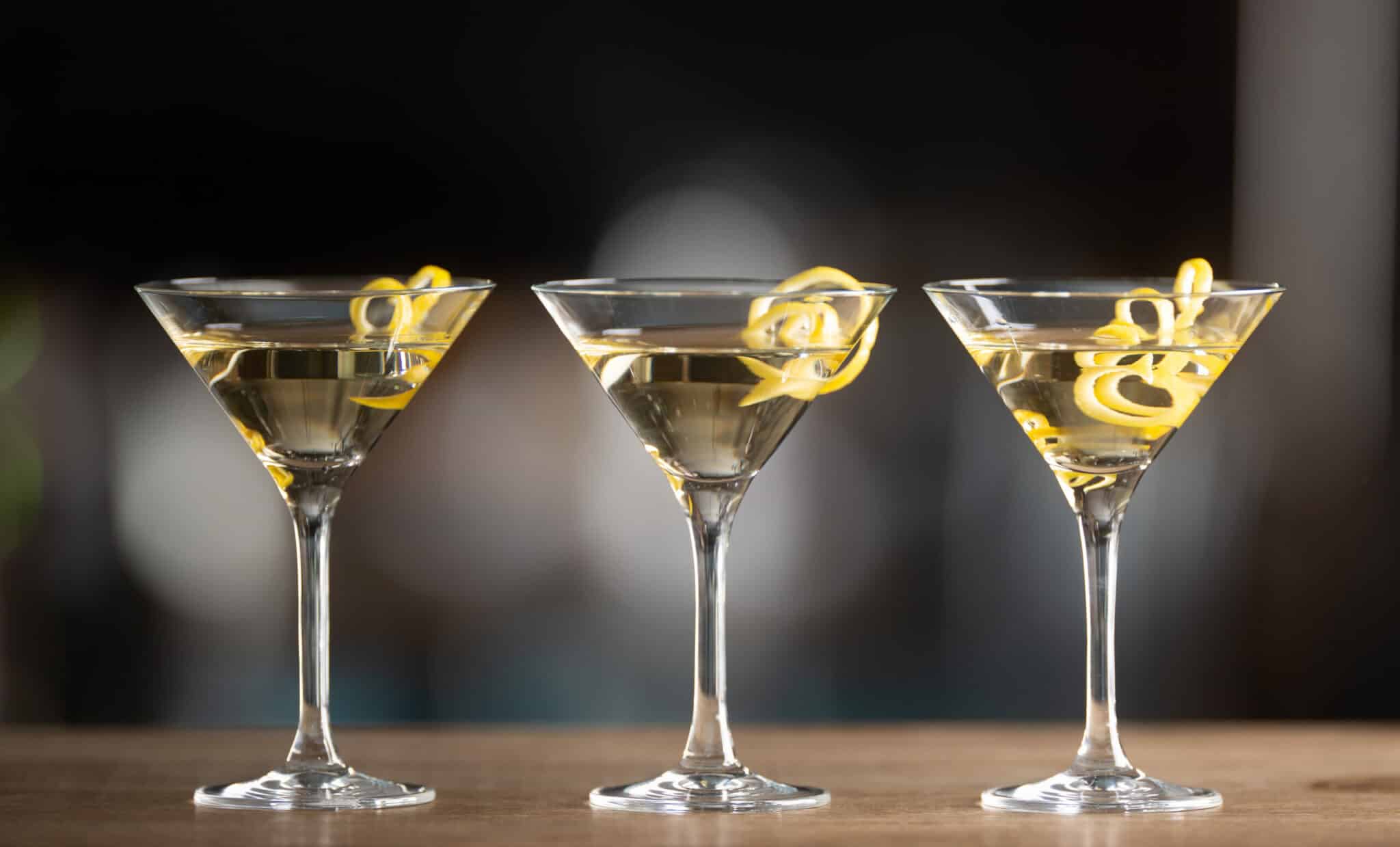As a food enthusiast, you come across exciting recipes that include unique ingredients. And some of these items are alcoholic. So, if you’re well-grounded in culinary history, then you know that alcoholic drinks have been added to foods for centuries. And they’re renowned for bringing more intensity to the flavor.
Take dry vermouth, for instance. This fantastic wine has become a favorite among both home-based and professional gourmet cooks all over. Its distinct flavor is almost impossible to replicate, so we hold dear recipes that call for it. But the fact remains that no ingredient is indispensable, including dry vermouth. So, what happens when you must replace it?
The good news is lots of other ingredients conveniently replace dry vermouth in various recipes. And while some of these items are alcoholic, others appeal to those with a zero-alcohol diet choice. Plus, some substitutes are easily around, so you won’t have to consider an expensive bottle of this fortified wine every time you run out.
What is dry vermouth?
Vermouth is a fortified wine that has been in use for as long as the 1700s. But at the time, it was more employed for medical purposes, and for a long time, the culinary uses weren’t explored. But by the late 1800s, the world realized vermouth is also a delicious drink, and since then, it’s been employed in tons of classic alcoholic mixtures.
Vermouth is made initially from neutral-tasting wine grapes, but sometimes an unfermented wine base is used instead. The wine then is fortified with another alcoholic ingredient like absinthe or brandy and mixed with aromatic herbs, roots, and spices. While each brand features a unique mixture of ingredients, commonly found options in vermouth include cinnamon, ginger, citrus peel, coriander, cardamom, and chamomile. You can also find elemental flavourings like marjoram, gentian, nutmeg, and caramel in the impressive drink.
Vermouthcontains about 15 to 18% alcohol and mostly comes in two forms, namely sweet or red and dry or white. And the sweet versions combine additives like a cane or caramelized sugar with bitter herbs, which gives it up to 15% sweetness. But the dry or white vermouth is different, as it combines elements of fruitiness and lesser sweetness (maximum 4%) with a mildly acidic flavour.
Dry vermouth in recipes
Dry vermouth can be consumed as a standalone drink and was commonly served as an aperitif in many regions. But the fortified wine is also popularly mixed with other drinks to make cocktails and martins. Its contribution to such exquisite drinking is owed to its balance of sweetness and tartness when used. But beverages and fancy drinks aren’t the only places dry vermouth is used.
Many have also discovered the complexity dry vermouth’s tartness adds to the mixture. As a result, you’ll find it as a common ingredient in lots of recipes. Apart from cocktails, the tasteful flavour blend of dry vermouth is also highly sought-after in recipes like
- Grilled shrimp
- Pies
- Clams casino
- Seared scallops
- Sauces
- Baked scallops
- Mushroom recipes
- Soups
- Braised chicken
- Cakes
- Caramelized garlic
- Chicken scallopini
- Stuffed tomatoes
- Clam linguine
- Herbed chicken paillard
- Cookies
- Drunken pasta
- Piccata
- Marinades
- Risottos
- Cassoulet
- Chicken fricassee
View this post on Instagram
Dry Vermouth Substitutes
Dry vermouth is undeniably an excellent ingredient for making food and drinks. But sometimes, you’re forced to do without this alcoholic wine. One main reason is that you found out too late that your bottle at home has been emptied. And another could be that you don’t subscribe to the alcoholic or additive contents in the drink.
Whichever the case, substitutes that can comfortably replace dry vermouth are available. Some are alcoholic ingredients and offer you this advantage if it’s something you can’t overlook. Others, however, give you a shot at the acidity and tartness while cutting out the boozy nature of dry vermouth.
Dry white wine
If you don’t mind the alcoholic content of dry vermouth, then white wine remains the closest option to replace it. And the main reason is that vermouth, in general, is made from a white wine base. This similar source also means that white wine and dry vermouth share a semblance in flavour. However, you’ll need to substitute it with something as dry as possible, making dry white wine the closest alternative to dry vermouth.
But note that some dry white wines may not meet the standard you set, so consider the make before using it. As a base suggestion, sauvignon blanc makes an excellent dry white wine replacement in this case. You may also want to consider a chardonnay, but it’s lighter and includes more fruity notes. But whichever you pick, dry white wine is a beautiful equal substitute in risotto, soups, sauces, seafood dishes, and baked goods. Plus, it also replaces dry vermouth well in cocktails and martinis
Vinegar
A popular factor in dry vermouth’s flavour is its acidic flavour base, which makes vinegar another close substitute you can consider. And this option is also excellent in salads dressings that call for dry vermouth, as such is an everyday use of vinegar. But when choosing it as a replacement, note that dry vermouth is only slightly acidic, so you don’t use strong-tasting vinegar in its stead.
To prevent problems in the switch, you can select white wine vinegar as a substitute for dry vermouth since they’re from the same base. This alternative is an excellent equal for it in dishes with a lighter flavour, like seafood linguine, for instance. But hearty dishes excel at more robust flavours, so you can also consider balsamic or red wine vinegar options in such cases. In summary, vinegar conveniently replaces dry vermouth in meat, vegetable, and fish dishes, as well as for pickling.
Sake
If you aren’t shy about the alcoholic content of dry vermouth, sake makes another excellent replacement option. This Japanese rice wine isn’t only enjoyed at sushi houses but is also added to food recipes. As a fact, lots of Asian dishes include a hearty addition of rice wines of different sorts, so it’s not a far-fetched substitute for dry vermouth.
Sake also has a high alcoholic content, so it’s best in recipes that’ll be cooked for long. And when picking it to replace dry vermouth, consider options that include additional flavours from spices, herbs, fruits, and flowers. Plus, sake isn’t only great in sauces, soups, desserts, and marinades, but also cocktails as well.
Lemon juice
Lemon juice also makes a fantastic substitute for dry vermouth due to its acidic nature. And with it, you can infuse a rich amount of tang to recipes that call for it. You might’ve seen this idea coming since most dry vermouth brands include ingredients like citrus peel in them. But lemon juice is a better replacement than lime or citrus due to its milder acidic taste.
Still, lemon juice contains more tang than dry vermouth, so only use about half of it to replace the amount called. Also, try adding it in drop and taste the recipe as you go until you reach the desired savour.
Broth
Two reasons we seek a replacement for dry vermouth include avoidance of alcohol or a quick-fix in its absence. And the broth is a great choice that ticks both boxes. You can consider chicken, beef, fish, or seafood broth for your soups, stews, and braises. And if you’re a vegan, the vegetable stock will work nicely as well.
But keep in mind that broth isn’t as intensely acidic as dry vermouth. Still, it’s a great way to infuse a rich flavour into the recipe, so it is worth trying. And you can use equal amounts or add more until the amount of umami is met.
Frequently asked questions (FAQs)
Can I use sweet vermouth instead of dry?
No, you shouldn’t. Though both wines are from the same parents, sweet vermouth offers a sweeter flavour than the dry version. The tartness in dry vermouth makes it distinct from the sweet type and is what most recipes dwell on when using it.
Can you make negroni without vermouth?
Yes, you can. Like many other cocktails and martinis, Negroni can also be mixed without adding dry vermouth to it. What you do is to replace it with equal parts of Lillet Blanc, a famous fortified French wine with citrus and herb flavourings. And if you don’t have it, also consider equal quantities of dry sherry.
Is dry Sherry the same as vermouth?
While both are fortified wines, they’re pretty different in composition. Dry vermouth contains aromatics like roots, spices, and herbs along with the grapes. But dry sherry only has grapes in its mixture.
Conclusion
With all these helpful substitutes, it’s clear that dry vermouth isn’t as indispensable as you may have believed. Once you’ve learned to mimic its bitter-sweet taste and slightly acidic tang, you can always do without it. Plus, these alternatives help you make your favorite recipes with flexibility that makes things much more manageable.






